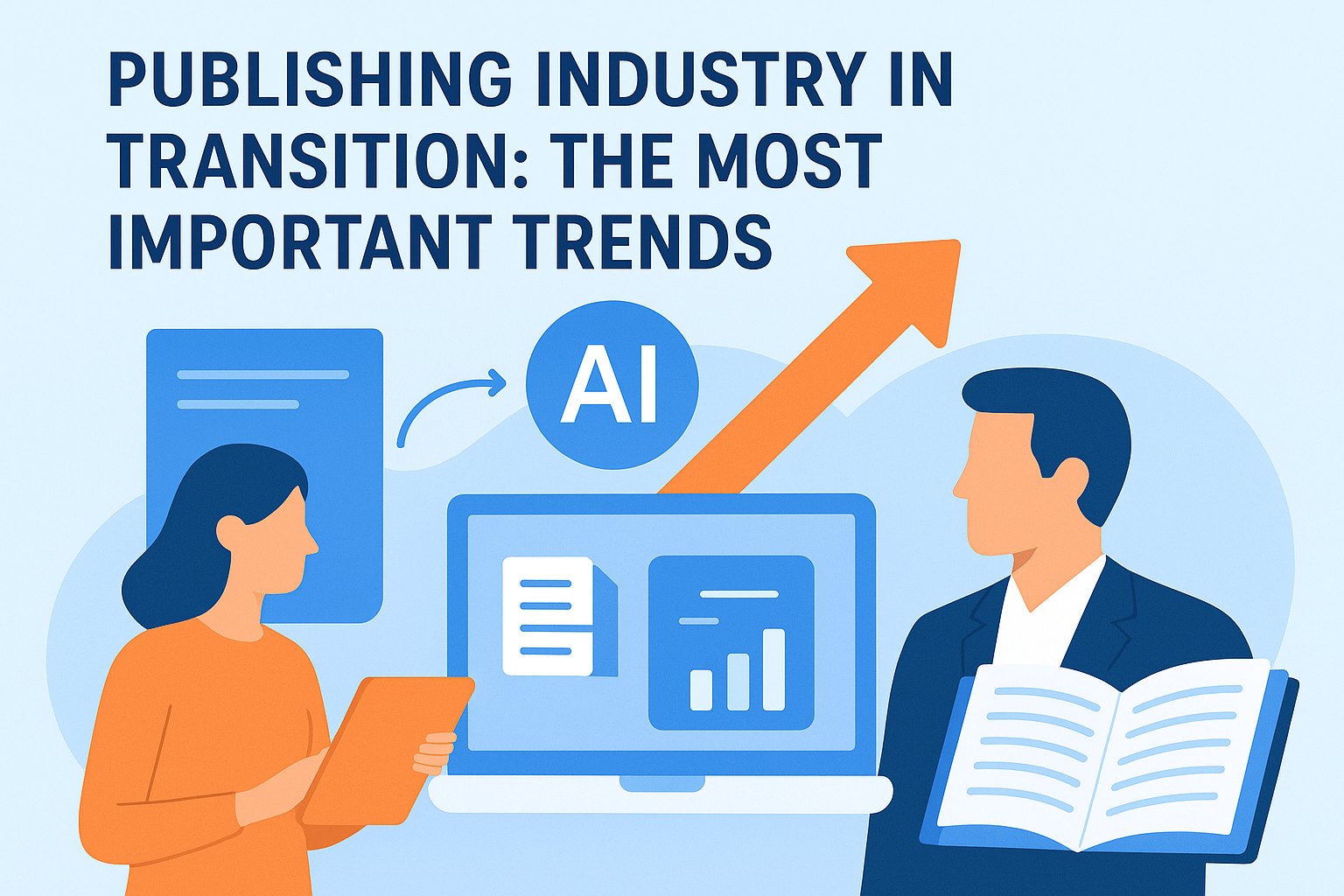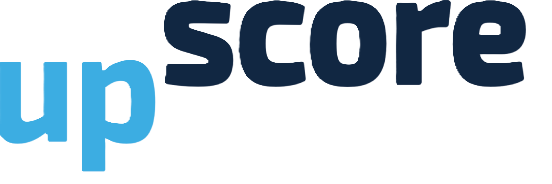Publishing Industry in Transition: The Most Important Trends

In September, we - like many of you - attended two of the industry’s major annual meet-ups: the Scoopcamp hosted by next.Media Hamburg and the Distribution Summit organized by MVFP, also held in Hamburg.
These were important events because they focused on central questions: How do we design future business models from a content perspective? How do we distribute our journalistic products effectively in digital channels, and how do we continue to make the most of print as a revenue pillar for as long as it remains viable?
Naturally, AI was the overarching theme, but there are already clear learning effects. Faster than in any previous wave of digital disruption, the majority of publishers have entered the AI field - testing and implementing it in production workflows, research processes, co-creation and many other areas. And that has become visible on stage as well. We are now seeing very specific use cases being discussed. AI has largely moved beyond the status of the magic wunderkind; it has become a demystified tool - one with many advantages, but also some drawbacks.
Addressing those drawbacks, Sigrun Albert (VNP) delivered a passionate appeal at Scoopcamp for publishers to take a more confident stand against the unrestricted use of copyrighted works from all media formats by language models. She also called on German and European policymakers to drive regulation faster and with more competence than before. Yes —-this absolutely needs to happen.
Michael Rathje (CFO, Spiegel Group) presented the reform of the Grosso distribution system with great energy and conviction, positioning it as a “blueprint for efficient and forward-looking cooperation.” He argued: “Only through collaborative action will our industry be able to unlock synergy potential for many publishing partners and strengthen their economic resilience.”
Malte Schwerdtfeger (Landwirtschaftsverlag Münster) struck a similar tone in a refreshingly frank interview on the MVFP stage. In his view, the key to a successful publishing future lies in maintaining a strong print foundation while simultaneously driving innovation, diversification, and investment in digital business models and digital services. Looking at the publisher’s broad portfolio - from specialist topics like topagrar.com, to lifestyle brands like Landlust, to digital platforms such as traktorpool.de or the career portal karrero.com for the agricultural sector — it’s easy to believe that this strategy is working.
Malte Schwerdtfeger - like Johannes Vogel in his update on stern Plus at Scoopcamp - also spoke openly about the ongoing journey. A journey on which failure is normal, and constant testing and adjustment is essential. One that requires patience - and people who are willing to navigate it with resilience and tolerance for setbacks.
Both events were characterized by strong commitment and momentum. There is a shared understanding that a lot is at stake right now - and with that comes a noticeable willingness to move faster and collaborate more than before. I can only agree with that.
With Upscore Connect - our first customer day on November 13th in Hamburg - we want to contribute to collaboration and open exchange. In the age of AI, human relationships matter more than ever. This applies just as much to publishers and their audiences as it does to us and our customers.
Christian Hasselbring leads Business Development at Upscore.

